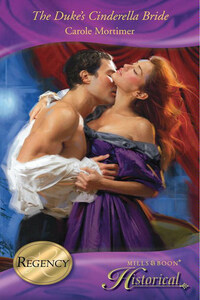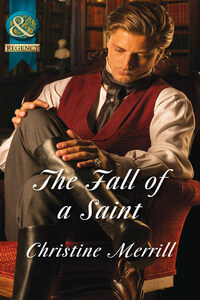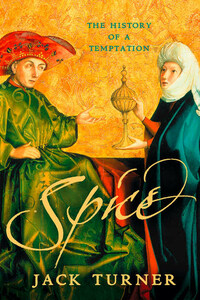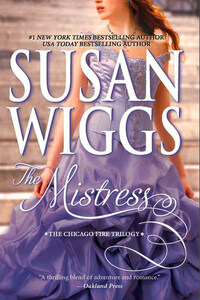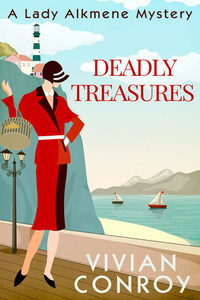FELIX PALMA
The Map of Time
Translated from the Spanish by Nick Caistor
Copyright
Fiction
An imprint of HarperCollinsPublishers 1 London Bridge Street London SE1 9GF
www.harpercollins.co.uk
Copyright © Felix Palma 2008
Translation copyright © Nick Caistor 2011 First published in Spanish as El Mapa Del Tiempo 2008
Felix Palma asserts the moral right to be identified as the author of this work
A catalogue record for this book is available from the British Library
This novel is entirely a work of fiction. The names, characters and incidents portrayed in it are the work of the author’s imagination. Any resemblance to actual persons, living or dead, events or localities is entirely coincidental.
All rights reserved under International and Pan-American Copyright Conventions. By payment of the required fees, you have been granted the non-exclusive, non-transferable right to access and read the text of this e-book on-screen. No part of this text may be reproduced, transmitted, down-loaded, decompiled, reverse engineered, or stored in or introduced into any information storage and retrieval system, in any form or by any means, whether electronic or mechanical, now known or hereinafter invented, without the express written permission of HarperCollins e-books.
Source ISBN: 9780007344123
Ebook Edition © 2011 ISBN: 9780007344147 Version: 2016-02-18
‘The distinction between past, present and future is an illusion, but a very persistent one.’
ALBERT EINSTEIN
‘Mankind’s most perfectly terrifying work of art is the division of time.’
ELIAS CANETTI
‘What is waiting for me in the direction I don’t take?’
JACK KEROUAC
Contents
Cover
Title Page
Copyright
Epigraph
PART ONE
Chapter I
Chapter II
Chapter III
Chapter IV
Chapter V
Chapter VI
Chapter VII
Chapter VIII
Chapter IX
Chapter X
Chapter XI
Chapter XII
Chapter XIII
Chapter XIV
Chapter XV
Chapter XVI
Chapter XVII
PART TWO
Chapter XVIII
Chapter XIX
Chapter XX
Chapter XXI
Chapter XXII
Chapter XXIII
Chapter XXIV
Chapter XXV
Chapter XXVI
Chapter XXVII
Chapter XXVIII
Chapter XXIX
Chapter XXX
Chapter XXXI
Chapter XXXII
Chapter XXXIII
PART THREE
Chapter XXXIV
Chapter XXXV
Chapter XXXVI
Chapter XXXVII
Chapter XXXVIII
Chapter XXXIX
Chapter XL
Chapter XLI
Chapter XLII
Chapter XLIII
About the Author
About the Publisher
Chapter I
Andrew Harrington would gladly have died several times over if that meant not having to choose just one pistol from among his father’s vast collection in the living-room cabinet. Decisions had never been Andrew’s strong point. On close examination, his life had been a series of mistaken choices, the last of which threatened to cast its lengthy shadow over the future. But that life of unedifying blunders was about to end. This time he was sure he had made the right decision, because he had decided not to decide. There would be no more mistakes in the future because there would be no future. He was going to destroy it completely by putting one of those guns to his right temple. He could see no other solution: obliterating the future was the only way for him to eradicate the past.
He scanned the contents of the cabinet, the lethal assortment his father had lovingly assembled after his return from the war. He was fanatical about those weapons, though Andrew suspected it was not so much nostalgia that drove him to collect them as his desire to contemplate the novel ways mankind kept coming up with for taking one’s own life outside the law. In stark contrast to his father, Andrew was impassive as he surveyed the apparently docile, almost humdrum implements that had brought thunder to men’s fingertips and freed war from the unpleasantness of hand-to-hand combat.
He tried to imagine what kind of death might be lurking inside each of them, lying in wait like some predator. Which would his father have recommended he use to blow his brains out? He calculated that death from one of those antiquated muzzle-loading flintlocks, which had to be refilled with gunpowder and a ball, then tamped down with a paper plug each time it was fired, would be a noble but drawn-out and tedious affair. He preferred the swift death guaranteed by one of the more modern revolvers nestling in their luxurious velvet-lined wooden cases.
He considered a Colt single-action model, which looked easy to handle and reliable – but he had seen Buffalo Bill brandishing one in his Wild West Adventures: a pitiful attempt to re-enact his transoceanic exploits with a handful of imported Red Indians and a dozen lethargic, apparently opium-sated buffalo. Death for him was not just another adventure. He also rejected a fine Smith & Wesson, the gun that had killed the outlaw Jesse James, of whom he considered himself unworthy, and a Webley specially designed to hold back the charging hordes in Britain’s colonial wars; he thought it looked too cumbersome.
His attention turned next to his father’s favourite, a fine Pepperbox with rotating barrels, but he seriously doubted whether this ridiculously ostentatious weapon would be capable of firing a bullet with enough force.
Eventually he settled on an elegant 1870 Colt with mother-of-pearl inlay that would take his life with all the delicacy of a woman’s caress. He smiled defiantly as he plucked it from the cabinet, remembering how often his father had forbidden him to meddle with his pistols. But the illustrious William Harrington was in Italy at that moment, no doubt reducing the Fontana de Trevi to dust with his critical gaze. His parents’ decision to leave for Europe on the very day he had chosen to kill himself had been a happy coincidence. He doubted that either of them would ever decipher the true message concealed in his gesture (that he had preferred to die as he had lived – alone), but for Andrew it was enough to imagine the disgust on his father’s face when he discovered his son had killed himself behind his back and without his permission.








